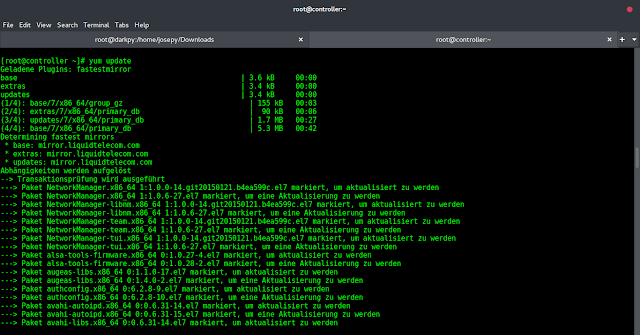The CachingIterator::hasNext() function is an inbuilt function in PHP that is used to iterate the next element in the iterator. CachingIterator class is to cache the elements of an underlying iterator to improve performance when iterating over the same data multiple times.
Syntax:
public CachingIterator::hasNext(): bool
Parameters: This function does not accept any parameters.
Return Values: This function returns a boolean value true if there is a next element available in the iterator, or false if the iterator has reached the end, and there are no more elements to iterate over.
Program 1: The following program demonstrates the CachingIterator::hasNext() function.
PHP
<?php $data = array('G', 'e', 'e', 'k', 's'); $iterator = new ArrayIterator($data); $cachingIterator = new CachingIterator($iterator); while ($cachingIterator->hasNext()) { $current = $cachingIterator->current(); echo $current ; $cachingIterator->next(); } ?> |
Geek
Program 2: The following program demonstrates the CachingIterator::hasNext() function.
PHP
<?php // Sample data $data = [1, 2, 3, 4, 5, 7, 8, 9, 10, 11, 12, 13, 14, 15, 16, 17, 18, 19, 20]; $iterator = new ArrayIterator($data); $cachingIterator = new CachingIterator($iterator); while ($cachingIterator->hasNext()) { $current = $cachingIterator->current(); // Check if the iterator has more elements // after the current one if ($cachingIterator->hasNext()) { echo $current.' ' ; } $cachingIterator->next(); } ?> |
1 2 3 4 5 7 8 9 10 11 12 13 14 15 16 17 18 19
Reference: https://www.php.net/manual/en/cachingiterator.hasnext.php

